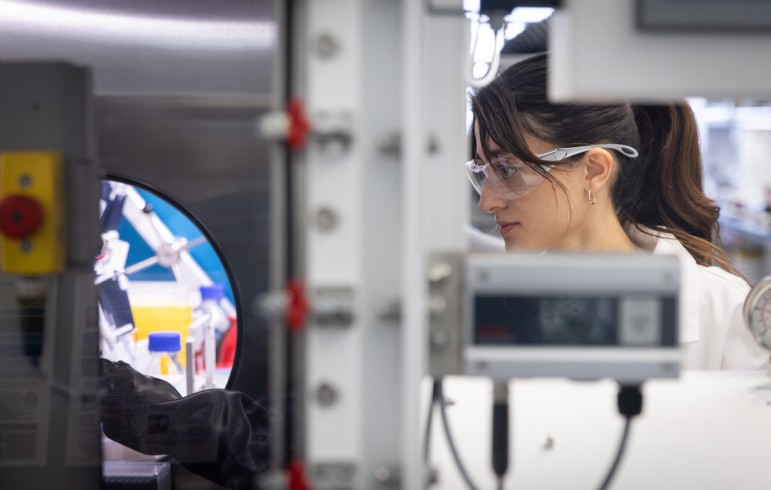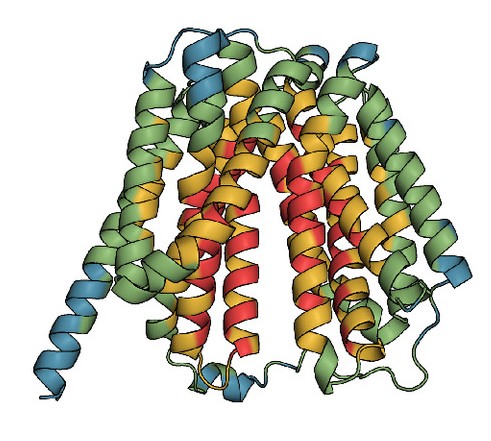Seen under a powerful microscope, they resemble luminous blue sugar crystals, the kind of thing you might sprinkle on a cookie or a bowl of cereal. But if a farmer were to apply them to a field of corn, the plants could better ward off fungal diseases.
ACS Catalysis and the ACS Division of Catalysis Science and Technology are pleased to recognize Professor Shannon S. Stahl of the University of Wisconsin-Madison for developing the copper-catalyzed oxidation of key functional groups including alcohols, amines, and hydrocarbons.
Researchers have developed a model that could boost investment in farm-based sustainable energy projects by allowing investors to more accurately predict whether a project will turn a profit.
A survey of more than 6,200 faculty at 46 land-grant universities and colleges in the U.S. revealed that most faculty prioritize engaging with the public about science but feel isolated in their outreach work.
An ultrathin coating developed by University of Wisconsin-Madison engineers upends a ubiquitous physics phenomenon of materials related to thermal radiation: The hotter an object gets, the brighter it glows.
The University of Wisconsin–Madison’s Wisconsin Initiative on Climate Change Impacts will contribute climate data informing the work of a state task force charged with advising Wisconsin Gov. Tony Evers on climate change adaptation and mitigation.
Media coverage of WEI this month focused on grid research, bacteria's role in our lives, carbon capture, and science outreach.



